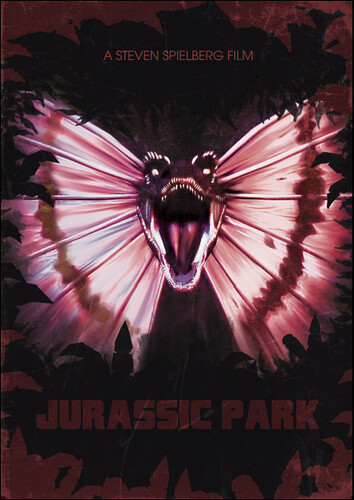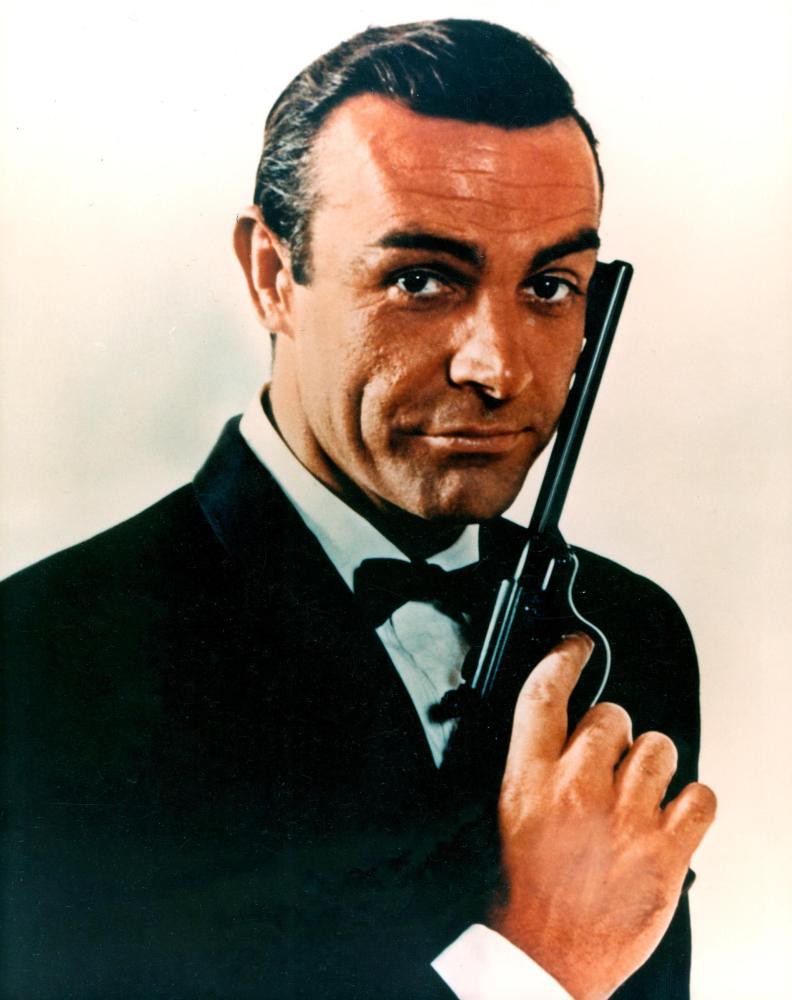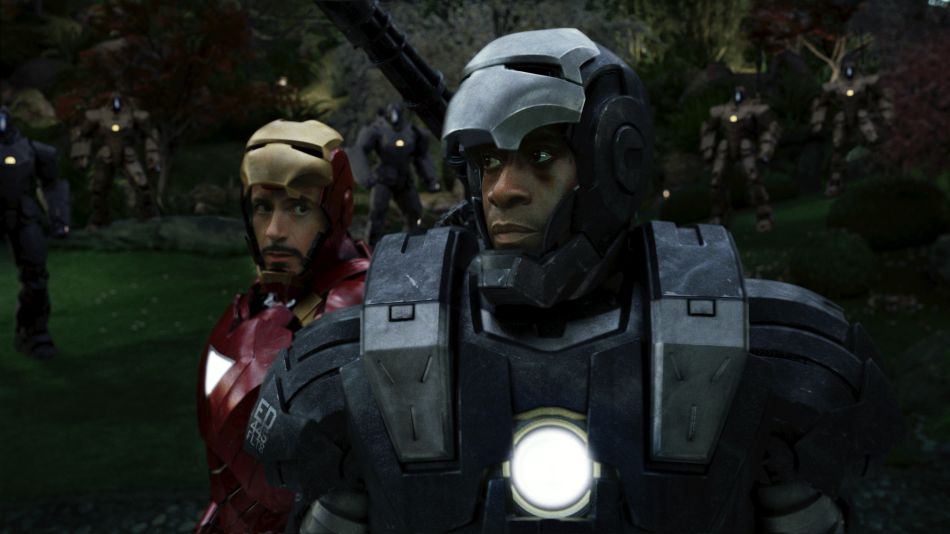The ‘Muldoon’ effect – it’s a phenomenon that’s as gripping as it is gut-wrenching. Picture this: you’re settled in your cinema seat, popcorn in hand, fully invested in the larger-than-life character on screen. They’re tough, they’re savvy, they’re the ultimate badass. And then, in a twist as sudden as a raptor pounce, they’re gone – taken out in a blaze of glory (or sometimes, not so much glory). This trope, my friends, has been affectionately dubbed ‘getting Muldoon’d’, after the game warden from the original Jurassic Park who met his untimely end in the jaws of a clever girl. But what makes a character’s sudden departure from the silver screen so memorable, and why do we keep coming back for more? Let’s dive into the art of getting ‘Muldoon’d’ in movies and explore some of the most unforgettable instances where cinema’s toughest cookies crumbled unexpectedly.
The Analysis of the “Muldoon’d” Effect
The term ‘Muldoon’d’ originates from a character who was built up to be the epitome of cool, calm, and collected in the face of prehistoric peril. Robert Muldoon, portrayed by Bob Peck in the 1993 blockbuster Jurassic Park, was the quintessential badass. With his steely gaze and hunter’s intuition, he seemed like the last person you’d expect to fall victim to the park’s toothy inhabitants. Yet, in a shocking turn of events, he was outsmarted and swiftly dispatched by the very creatures he was supposed to have under control. This moment left audiences stunned and has since become a defining point of discussion when it comes to sudden character exits in film.
Why does this trope resonate so deeply with audiences? It’s a cocktail of elements, really. There’s the element of surprise, the subversion of expectations, and the emotional jolt that comes from seeing a seemingly invincible character meet their match. It’s a narrative device that filmmakers use to remind us that in the world of the movie, no one is safe, and anything can happen. It adds a layer of unpredictability to the story and keeps viewers on the edge of their seats.

The Impact and Significance of the “Muldoon’d”
Let’s talk about some of the most memorable ‘Muldoon’d’ moments in cinematic history. These are the instances where characters, hyped up to be the ultimate warriors, met their match in often abrupt and brutal fashion. It’s not just about the shock value, though; it’s about how these moments contribute to the narrative and the emotional impact they leave on the audience. From the depths of the ocean to the far reaches of space, no badass is safe from the possibility of getting ‘Muldoon’d’.
One of the earliest examples of a character getting ‘Muldoon’d’ can be traced back to the classic film ‘Psycho’. Detective Arbogast, played by Martin Balsam, is introduced as a savvy investigator on the trail of the missing Marion Crane. He’s smart, he’s determined, and he seems like he’s got things figured out. That is until he decides to investigate the Bates Motel and has a fatal encounter with Norman Bates’ mother. The suddenness of his demise, combined with the iconic shower scene, cemented ‘Psycho’ as a masterclass in suspense and the unexpected.
Fast forward to the 1980s, and we have another prime example in ‘Aliens’. The character of Private Hudson, portrayed with gusto by Bill Paxton, is all swagger and bravado. He’s the kind of guy you’d want on your side in a fight against xenomorphs – until he’s not. Despite his tough exterior, Hudson meets a grim fate at the hands (or should we say, claws) of the alien creatures. His character’s journey from cocky to cowardly to courageous makes his end all the more poignant.
In more recent years, we’ve seen ‘Muldoon’d’ moments in films like ‘Game of Thrones’ (yes, it’s not a movie, but bear with me), where characters like Ned Stark and Oberyn Martell were built up only to be shockingly taken out of the equation. These moments have a lasting impact on the narrative, often serving as catalysts for major plot developments and character arcs.
While we explore these instances, we’ll also consider the aftermath of getting ‘Muldoon’d’. How do these moments affect the remaining characters and the overall story? What message do filmmakers convey when they decide to take out a key player in such a dramatic fashion? And, perhaps most importantly, what does it say about our own fascination with the mortality of our heroes?
Related posts:
The Best Characters in the Jurassic Park Franchise, Ranked
Jurassic Park’s 15 Greatest Characters Of All Time
The 10 Best Bruce Willis Movies





